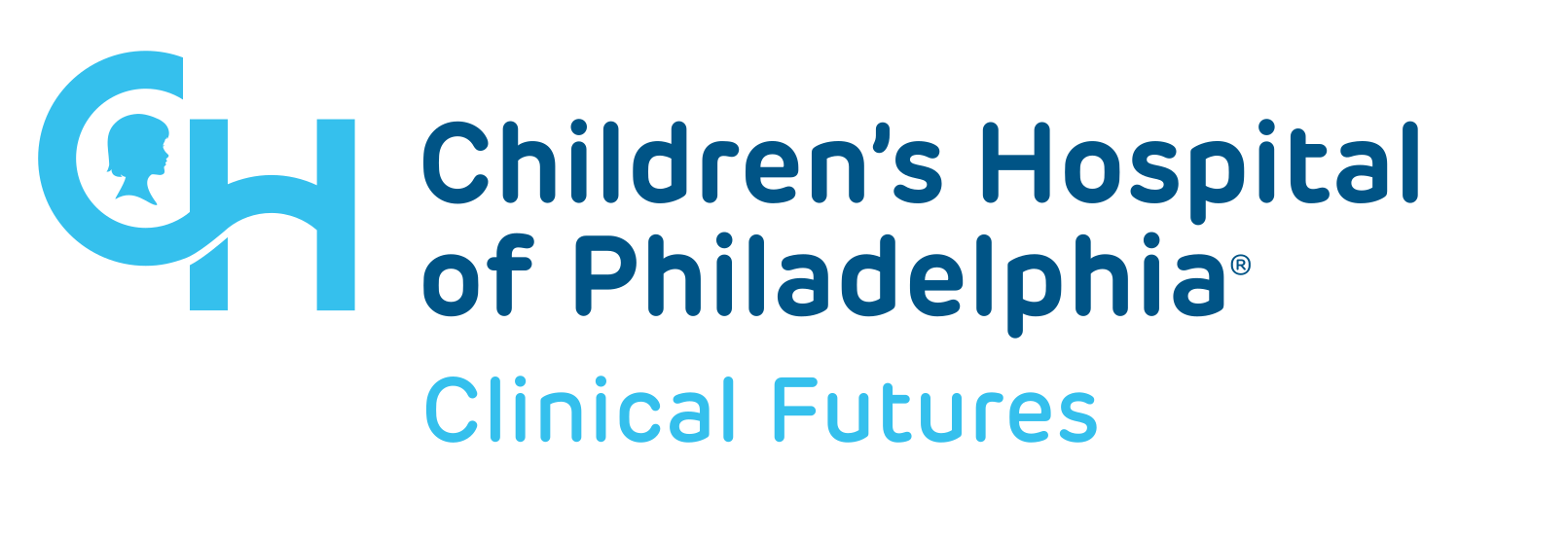Research In Practice Blog
Breadcrumb

Intro
Just a few years ago, COVID necessitated immediate transitions to technology-based adaptations of care delivery for both specialists and primary care clinicians. Today, many such adaptations persist, even though they have yet to be validated through traditional scientific methods.
When the pandemic abruptly forced a clinical research team to stop delivering and evaluating the in-person Child Adult Relationship Enhancement (PriCARE) positive parenting intervention, they quickly adapted the intervention for virtual delivery. The researchers wanted to understand whether virtual PriCARE delivery—using texting, phone calls, videoconferencing, and video-sharing—could improve parenting capacity and reduce child behavior problems and child maltreatment risk.
Study design & findings
This randomized controlled trial recruited caregiver-child dyads from 9 pediatric primary care practices. 182 caregivers of children aged 2 to 6 years were enrolled. The intervention comprised six trainer-facilitated group video-conference sessions; caregiver/child play practice video submission, review, and feedback call; weekly texts (3); weekly skill videos; and a digital materials repository.
Using structured interviews using the Parenting Scale (PS), Eyberg Child Behavior Inventory (ECBI), Child Abuse Potential Inventory (CAPI), Didactic Parent-Child Interaction Coding System-IV (DPICS-IV), and Therapy Attitude Inventory (TAI), the researchers observed increased use of positive parenting skills in the PriCARE cohort, as well as improved child behavior and high caregiver satisfaction. Additionally, virtual PriCARE was demonstrated to be as effective as the in-person format.
Implications
Between 25%-50% of pediatric office visits involve behavioral or emotional concerns. Not all children need intensive, ongoing behavioral health treatment in the early, formative years when problem behaviors develop; a family-centered positive parenting program provided via the primary care setting could both support parents and prevent future severe behavioral health problems in their children. This study provides evidence that a virtual version can be successful, which may extend reach to parents who otherwise would be unable to attend an in-person program. PriCARE innovators are now evaluating the efficacy of PriCARE and CARIÑO, an adaptation of PriCARE for Spanish speaking families, to prevent harsh parenting and child maltreatment. They are also aiming to improve PriCARE to best meet the needs of all families including younger parents and foster families.
Actionable Insight:
- Research:
- Evaluate whether observational measures produce similar results as primary self-report measures. Include reports of suspected child maltreatment to CPS to assess impact on child risk.
Information & Resources
- CHOP’s PriCARE Parenting Program
- PolicyLab PriCARE clinical research page
Clinical Futures author:
Joanne N. Wood, MD, MSHP
Additional study author(s) from Children’s Hospital of Philadelphia:
Jenna Kiely, MS; Emily DePaul, MPH, MA; Stefany A. Rojas, MA; SolRubi Cortes, MA; Samantha Schilling, MD, MSHP; Susan Dougherty, PhD
